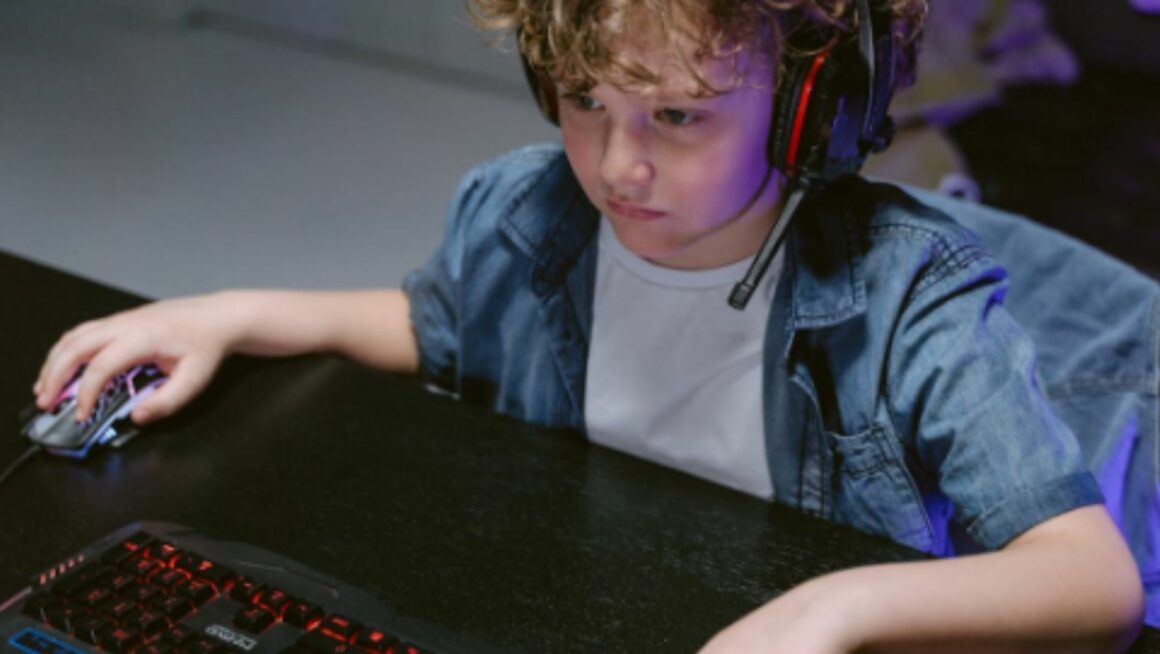How to Balance Gaming and Study Time

People often talk about how gaming can interfere with studying or how dedicating time to schoolwork can leave little room for leisure activities like gaming. Parents, teachers, and even some peers might stress the negative impacts, claiming that gaming can lead to poor academic performance. They argue that the allure of video games distracts from educational responsibilities, leading to procrastination and reduced focus on studies. This negative outlook can make it seem like balancing both is an impossible feat.
But it doesn’t have to be this way. It is possible to enjoy gaming while also excelling in your studies. With the right approach, you can find a harmonious balance that allows you to benefit from both activities. Many successful students manage their time effectively and still make room for gaming without it negatively impacting their academic performance. It’s all about finding the right strategies and sticking to them.
Here are practical tips on how to balance gaming and study time.
Set Clear Priorities
Setting clear priorities is one of the first steps to balancing gaming and study time. Knowing what needs to be done and when helps you stay organized and focused. Start by listing all your tasks, including assignments, study sessions, and even gaming times. Rank them based on deadlines and importance, ensuring that your academic responsibilities are always at the top of the list.
It’s helpful to be aware of other activities that can fill your time, such as visiting betting sites or engaging in social media. Recognizing these activities can help you plan your schedule better and make room for both study and gaming. Prioritizing your tasks doesn’t mean you can’t have fun. It just means you need to be smart about managing your time.
Setting priorities also involves understanding the consequences of neglecting essential tasks. When you prioritize effectively, you can create a balanced routine that accommodates both studying and gaming. This approach ensures you meet your academic goals while still enjoying your leisure time.
Create a Schedule
Creating a structured daily routine can significantly benefit those balancing gaming and study time. A well-thought-out schedule allows you to allocate specific times for studying and gaming, ensuring that neither activity is neglected. Start by outlining your day, including school hours, homework, and study sessions. Then, fit these responsibilities into your gaming time.
A schedule helps you stay disciplined and prevents the chaos of trying to fit everything in at the last minute. For instance, you might decide to study in the afternoon and reserve the evening for gaming. This way, you ensure that your study sessions are not rushed and that you can enjoy gaming without the guilt of unfinished work.
Sticking to a schedule requires commitment, but it’s well worth the effort. Use tools like calendars, planners, or apps to keep track of your time and remind yourself of your planned activities.
Use Gaming as a Reward
Gaming can serve as a powerful motivational tool when used wisely. Consider setting study goals and rewarding yourself with gaming time after achieving them. This approach makes studying more enjoyable and gives you a sense of accomplishment when you reach your goals.
For example, you could set a goal to complete a textbook chapter or finish a set of maths problems before allowing yourself an hour of gaming. This creates a positive association between studying and gaming, making you more likely to stay focused and productive during your study sessions.
Rewarding yourself with gaming also helps you balance work and play. It ensures that your gaming time is earned and deserved rather than becoming a distraction from your responsibilities. This method encourages you to stay on track with your studies while still enjoying your favorite games.
Limit Gaming Time
To prevent gaming from interfering with your studies, setting boundaries on how much time you spend playing is crucial. Without limits, gaming can quickly take over your schedule, leaving little room for academic activities. Establishing strict gaming hours ensures you enjoy your games without compromising your studies.
Practical ways to limit gaming time include using timers or setting specific end times for your gaming sessions. For instance, you might decide to game for no more than two hours each evening. Once the time is up, stop and shift your focus to other activities. This discipline helps prevent excessive gaming and ensures that you have enough time for studying and other responsibilities.
Limiting gaming time also involves being mindful of how much time you spend on different types of games. Some games can be more addictive than others, making it harder to stop playing. Recognizing this and choosing games that are easier to control can help you stick to your limits and maintain a healthy balance.
Stay Physically Active
Physical activity is essential for maintaining focus and overall health, which in turn supports both studying and gaming. Regular exercise helps refresh your mind and body, making it easier to concentrate on your studies and enjoy gaming sessions without feeling sluggish.
Incorporate short exercise breaks into your study routine to keep yourself energized. Simple activities like stretching, walking, or a quick workout can significantly boost your productivity and mood. These breaks not only improve your physical health but also provide a mental reset, allowing you to return to your tasks with renewed focus.
Conclusion
Balancing gaming and study time is indeed possible. The key is to set clear priorities, create a structured schedule, use gaming as a reward, limit gaming time, and stay physically active. Remember, it’s crucial to be mindful of how you manage your time and avoid letting gaming interfere with your academic responsibilities. With the right strategies, you can enjoy both worlds without compromising your success.








